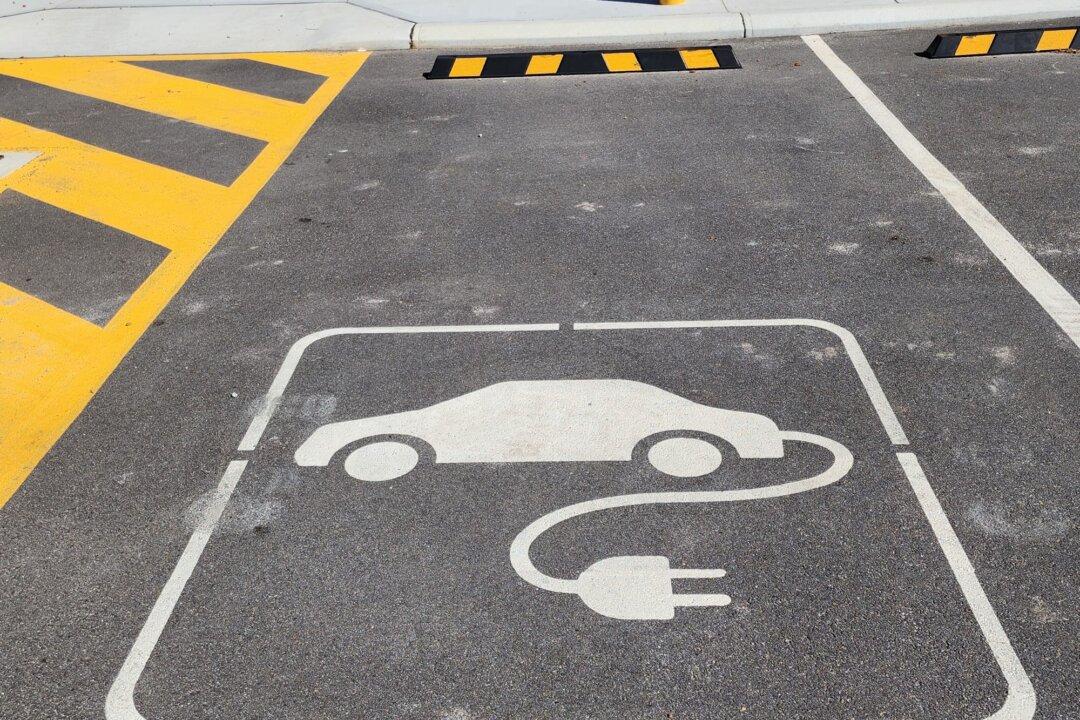The Coalition has raised concerns the New Vehicle Efficiency Standard (NVES) will be a “tax” on family cars and utes, following the passage of the legislation through parliament.
The new standard aims to reduce carbon dioxide (CO2) emissions from new cars, sports utility cars, utes, and vans to push more low and zero-emissions vehicles into the Australian market.





